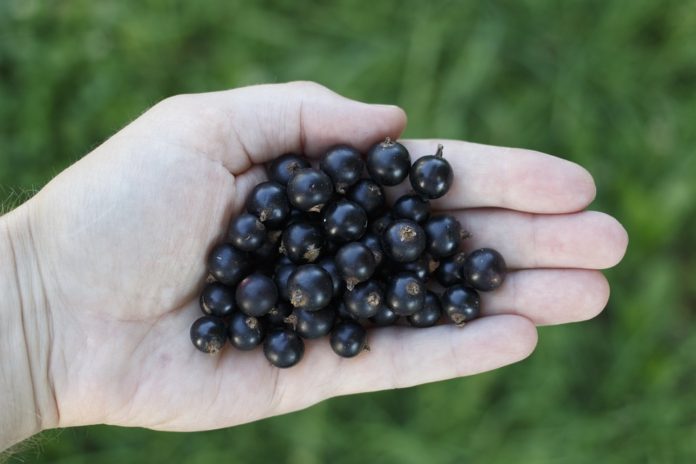Antioxidants: What, why and how?

Antioxidants: a term you’ve most likely come across in the frenzy of health articles available online, all mentioning blueberries and kale, but maybe don’t really understand what this substance actually does for your body. Or maybe you do but wonder how it does it, and how can you increase your intake?
In short, antioxidants are a substance that fight the process of oxidation in the body. Why would you want to prevent oxidation? Because the process can produce free radicals (molecules again) that deteriorate the cells; this cell damage is, as researchers suggest, linked with a number of illnesses. So along with protecting yourself from illness and viruses in general, it is also vital to pay attention to strengthening these inner-body functions.
-Boosting the immune system-
The most commonly known benefit of antioxidants is its support for the immune system. Once cells are damaged, the free radicals also knock out the cytokine pathways – meaning communication and response across the immune system is impaired. Antioxidants like vitamin C increase the production of white blood cells and antibodies, so with constant ‘storage’ of these, your body is ready to counterattack the pathogen. Vitamin E and carotenoids increase production of natural killer cells.
According to Hughes’ report, there is a substantial link between antioxidants, the immune system and cancer. As antioxidant-rich diets correlated with lower risks of cancers, this has been attributed to a strengthened immune system, in turn supporting claims that the immune system benefits greatly from more antioxidants.
It’s worth noting that a Nottingham University study (2015) found that eating organically grown produce provides the equivalent of one to two additional portions of fruit and vegetable a day. Antioxidant concentration was found to be between 18 – 69% higher in the organic produce than in conventional ones.
-Eye and Skin Health-
An appealing factor with antioxidants is the suggested benefits they have for our eyes and skin. Spirulina and astaxanthin are widely available supplements for boosting antioxidant levels, the former containing more vitamin A and beta-carotene than carrots themselves, while astaxanthin helps most cells in the body, but is particularly helpful for the eyes and skin.
It is worth noting that spirulina is mostly a safe microalgae, but can have an adverse effect on those with iodine or seafood allergies, and therefore should be consumed with caution.
-Making your diet antioxidant-rich-
The easiest, healthiest and cheapest way to help your cells is by using foods rich in the antioxidants. This is preferable to taking supplements and allows you to maintain a healthy, clean-eating lifestyle if you have the aim of working on your oxidation-fighting substances.
Think colour, and think natural. Beetroots, carrots, mangoes, broccoli and watermelon – that’s almost a full rainbow – provide wonderful amounts of carotenoids, while berries and citrus fruits are a great way to consume more vitamin C. Berries are specifically high in ellagic acid, typically used to prevent cancer and treat bacterial infections.
Zinc, found in many protein-grouped foods is also advisable: poultry, nuts and seafood in particular.
You might also find yourself inspired by healthy smoothies, which can easily be packed with the substances. Blending berries, spinach or kale, and the superfood acai is a good start.
Finally, you can make your daily (or hourly) cup of tea a source of impressive immunity using white tea. In white tea, only the buds and young leaves of the plant are used (as opposed to matured leaves in black and green teas), and are not steamed like the leaves for black tea are, allowing them to retain their antioxidant properties. The caffeine content is much lower, too, so it’s for all times of the day.
Sources:
https://www.ncbi.nlm.nih.gov/pubmed/10343344 – Hughes DA 2004
http://www.nutrex-hawaii.com/benefits-of-antioxidants
https://en.wikipedia.org/wiki/Antioxidant#cite_note-18
http://www.antioxidants-make-you-healthy.com/boosting-your-immune-system.html
http://www.nutrex-hawaii.com/eye-health
http://www.webmd.com/food-recipes/antioxidants-your-immune-system-super-foods-optimal-health
http://www.ncl.ac.uk/press/news/2015/10/organicvsnon-organicfood/